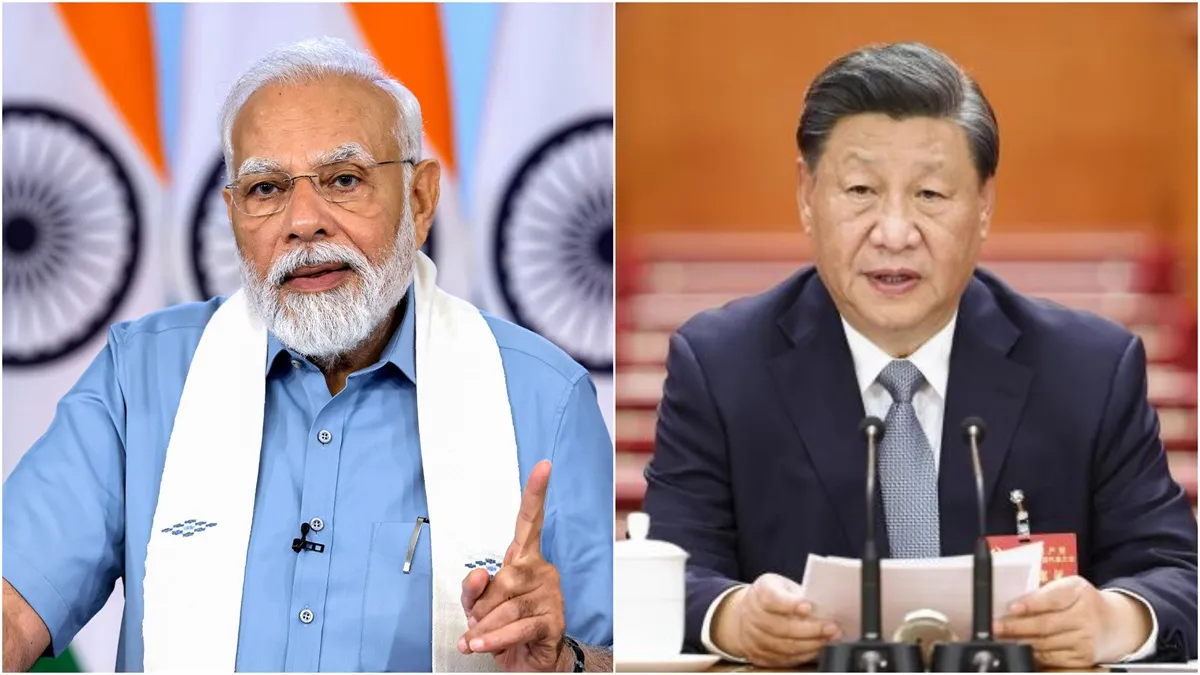Following India's Balakot strikes in 2019, various nations extended offers to dispatch special envoys, with China suggesting the possibility of sending its deputy minister to both India and Pakistan to facilitate de-escalation. However, former diplomat Ajay Bisaria reveals in his upcoming book that New Delhi declined these offers. Bisaria, who served as the Indian High Commissioner to Islamabad during that period, also discloses that India was prepared to send an Indian Air Force aircraft to Pakistan for the repatriation of Wing Commander Abhinandan Varthaman, but the Pakistani government denied permission.
Varthaman, now Group Captain, successfully downed a Pakistani jet on February 27, 2019, but his MiG 21 Bison was hit in a dogfight. Pakistan had initiated this retaliation for the Balakot airstrikes a day earlier. Subsequently, Varthaman was captured by the Pakistani Army and released two days later. "We were willing to send an Indian Air Force aircraft to pick him up but Pakistan refused permission; the optics of an Indian Air Force plane landing in Islamabad after all that had happened over the previous three days, was, of course, not acceptable to Pakistan," Bisaria wrote in his book, as per news agency PTI.
Troubled diplomatic relationship between India and Pakistan
In his book, 'Anger Management: The Troubled Diplomatic Relationship Between India and Pakistan', he also says several countries had offered to send special envoys over to the subcontinent but this was no longer necessary. "Even China, not to be left behind, had suggested that it could send its deputy minister to both countries to seek de-escalation. India had politely declined the offer," he stated.
In his book, Ajay Bisaria, a seasoned diplomat with a career spanning 35 years, explores various facets of India-Pakistan relations since Independence. The relationship between the two countries faced significant strain after Indian warplanes struck a Jaish-e-Mohammed terrorist training camp in Balakot, Pakistan, on February 26, 2019, in response to the Pulwama terror attack.
Bisaria recounts India's airstrikes in Balakot
According to Bisaria, the day following India's airstrikes in Balakot, the ambassadors of the United States, the United Kingdom, and France were briefed by then Pakistan foreign secretary Tehmina Janjua. During the briefing, she conveyed a message received from the Pakistan Army. The message said that "nine missiles from India had been pointed towards Pakistan, to be launched any time that day". "The foreign secretary requested the envoys to report this intelligence to their capitals and ask India not to escalate the situation. The diplomats promptly reported these developments, leading to a flurry of diplomatic activity in Islamabad, P5 capitals, and in New Delhi that night," Bisaria writes.
The permanent members of the UN Security Council, Russia, the United Kingdom, the United States, China and France are known as P5 nations.
'Imran Khan wanted to talk to PM Modi'
"One of them recommended to her that Pakistan should convey its concerns directly to India. He also writes that then Pakistan Prime Minister Imran Khan wanted to talk to his Indian counterpart, says Bisaria. "At around midnight I got a call in Delhi from Pakistani High Commissioner Sohail Mahmood, now in Islamabad, who said that PM Imran Khan was keen to talk to Prime Minister Modi," he says.
"I checked upstairs and responded that our prime minister was not available at this hour but in case Imran Khan had any urgent message to convey he could, of course, convey it to me. I got no call back that night," he recounts. "The US and UK envoys in Delhi got back overnight to India's foreign secretary to claim that Pakistan was now ready to de-escalate the situation, to act on India's dossier, and to seriously address the issue of terrorism," Bisaria added.
On overall regional geopolitics, Bisaria writes that Pakistan Prime Minister, Imran Khan conveyed to China that it should support Islamabad since the United States decided to back India against China, but Chinese President Xi Jinping "declared that China would not be propping up Pakistan against India".
(With PTI inputs)
ALSO READ: Modi Govt 8 years: How PM handled Pakistan with iron fist - Surgical strike, Balakot air strike

